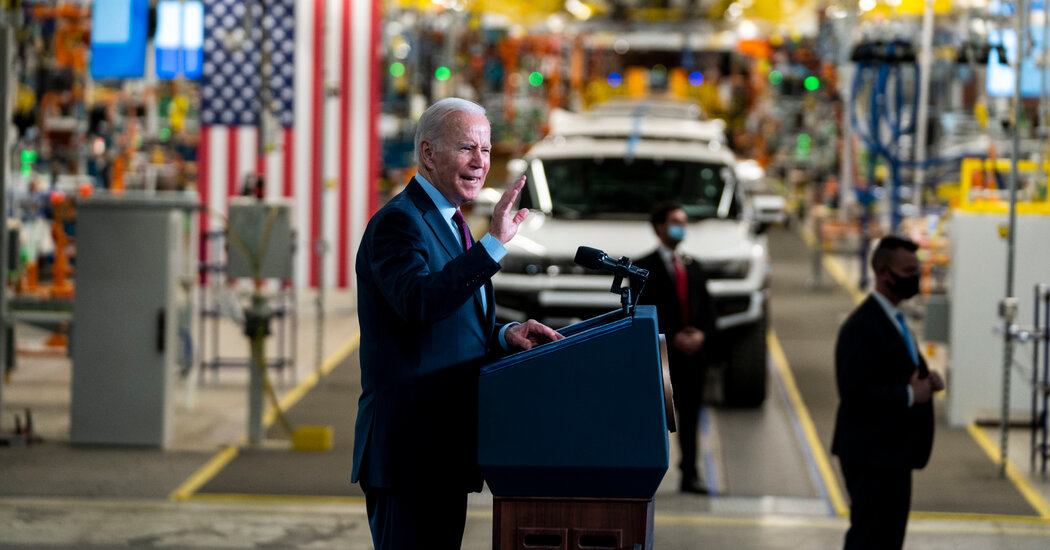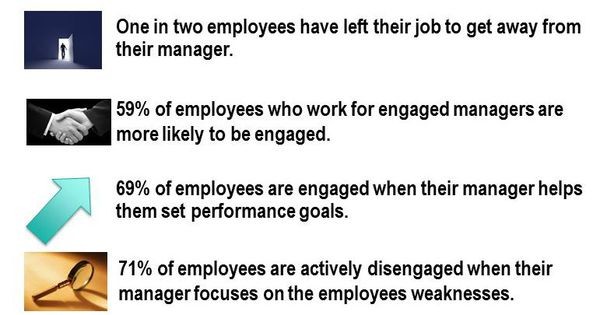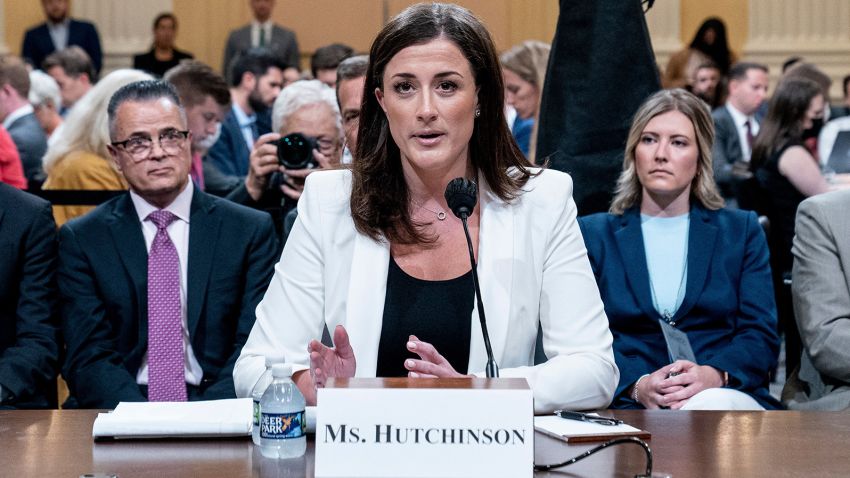Car Dealers Intensify Fight Against EV Mandates

Table of Contents
Financial Concerns Driving Dealer Opposition to EV Mandates
The core of the dealers' opposition to EV mandates stems from significant financial concerns. The transition to electric vehicles presents unprecedented challenges to their established business models.
High Inventory Costs and Reduced Profit Margins
Dealers face considerably higher upfront investment costs for EV inventory compared to gasoline-powered vehicles. This is primarily due to the higher manufacturing costs of EVs, impacting their profit margins. Currently, EV sales represent a smaller portion of the overall market, further reducing profitability compared to traditional car sales. Adding to these challenges is the lack of trained technicians capable of servicing EVs, leading to increased operational expenses.
- Higher training costs: Specialized training programs are needed to equip technicians with the skills to handle EV-specific repairs and maintenance.
- Specialized tools needed: EV servicing requires specialized tools and equipment, representing a significant capital investment.
- Longer service times: Repairing EV components can often take longer than servicing gasoline-powered vehicles, impacting service center efficiency.
Uncertainty in Consumer Demand & Government Incentives
The long-term viability of EV sales remains uncertain due to fluctuating consumer demand, which is heavily influenced by factors like fuel prices and technological advancements. Government incentives for EV adoption, while intended to boost sales, are often unpredictable and can change suddenly, impacting dealer profitability and creating market instability. This reliance on government subsidies makes long-term business planning extremely difficult.
- Fluctuating fuel prices: The relative cost advantage of EVs compared to gasoline vehicles can fluctuate based on fuel prices, affecting consumer choices.
- Unpredictable consumer behavior: Consumer adoption of new technologies is often slow and unpredictable, especially for high-cost items like vehicles.
- Changing government policies: Frequent shifts in government incentives and regulations create an unstable business environment for dealers.
Infrastructure Challenges and Consumer Adoption Rates
Beyond financial concerns, significant infrastructure challenges and consumer adoption rates are fueling the dealers' resistance to EV mandates.
Inadequate Charging Infrastructure
A lack of widespread and reliable charging infrastructure hinders EV adoption, creating "range anxiety" – a significant barrier to EV purchase for many consumers. This inadequate infrastructure creates additional challenges for dealers, as they lack the necessary support infrastructure to adequately serve EV customers.
- Limited public charging stations: The availability of public charging stations, particularly in rural areas, is still severely limited.
- Long charging times: Compared to refueling a gasoline vehicle, charging an EV takes considerably longer, impacting convenience.
- Uneven distribution of charging networks: Charging infrastructure is not evenly distributed across all regions, creating accessibility issues for many potential EV buyers.
Consumer Education and Awareness Gaps
Many consumers lack sufficient information and education about EVs, their benefits, and their maintenance requirements. This knowledge gap, combined with existing misconceptions about EV technology and charging, is impacting consumer adoption rates. Dealers fear that without proper consumer education, EV sales might remain low despite government mandates.
- Limited understanding of battery technology: Many consumers have misconceptions about EV battery life, charging cycles, and longevity.
- Charging procedures: Understanding different charging methods (Level 1, Level 2, DC fast charging) and their implications is crucial, yet often lacking in consumer knowledge.
- Battery life expectancy: Concerns about battery degradation and replacement costs are common among potential EV buyers.
The Dealers' Response to EV Mandates: Lobbying and Legal Challenges
Facing these significant challenges, car dealers are responding through active lobbying and legal challenges to the mandates.
Industry Associations and Lobbying Efforts
Automotive industry associations are actively lobbying against stringent EV mandates, advocating for more gradual transitions and flexible regulatory frameworks. They are also pushing for increased government support for charging infrastructure and consumer education initiatives.
- Negotiations with government agencies: Industry associations are actively engaging in discussions with policymakers to influence regulations.
- Public awareness campaigns: Efforts are underway to educate the public about the benefits and challenges of EV adoption.
- Legal challenges to regulations: Industry groups are using legal avenues to challenge aspects of EV mandates they deem unfair or unreasonable.
Legal Challenges and Court Battles
Dealers are increasingly involved in legal challenges to the enforcement of EV mandates, arguing that the mandates are economically unfeasible and infringe on their business rights. These legal battles create uncertainty within the industry and further delay the transition.
- Constitutional challenges: Legal arguments are being raised concerning the constitutionality of certain aspects of EV mandates.
- Antitrust claims: Concerns are being raised about potential anti-competitive effects of the mandates.
- Regulatory review processes: Dealers are utilizing legal processes to challenge the adequacy of the regulatory impact assessments of EV mandates.
Conclusion
Car dealers' intensified fight against EV mandates highlights the complex challenges of transitioning to electric mobility. Financial concerns, infrastructure limitations, and consumer adoption rates are all contributing factors to the opposition. While the shift to EVs is inevitable, a more balanced approach is needed, considering the concerns of car dealers and working towards a smoother transition. The future of the automotive industry will depend on finding a solution that addresses both environmental concerns and the economic realities facing the car dealership sector. Ignoring the concerns surrounding EV mandates could lead to further industry unrest and hinder the successful adoption of electric vehicles. A collaborative approach involving governments, manufacturers, and dealers is crucial to navigate this transition successfully. Open dialogue and a realistic timeline for implementing EV mandates are essential for a successful transition to a sustainable automotive future.

Featured Posts
-
 Caso Arrayanes Oferta De G 1 250 Millones Por Homicidio Culposo
Apr 25, 2025
Caso Arrayanes Oferta De G 1 250 Millones Por Homicidio Culposo
Apr 25, 2025 -
 Ftcs Appeal Against Microsoft Activision Merger Implications For The Gaming Industry
Apr 25, 2025
Ftcs Appeal Against Microsoft Activision Merger Implications For The Gaming Industry
Apr 25, 2025 -
 The Impact Of Middle Managers On Employee Engagement And Business Outcomes
Apr 25, 2025
The Impact Of Middle Managers On Employee Engagement And Business Outcomes
Apr 25, 2025 -
 January 6th Hearings Witness Cassidy Hutchinson To Publish Memoir This Fall
Apr 25, 2025
January 6th Hearings Witness Cassidy Hutchinson To Publish Memoir This Fall
Apr 25, 2025 -
 Oil Market News And Analysis April 24 Update
Apr 25, 2025
Oil Market News And Analysis April 24 Update
Apr 25, 2025
Latest Posts
-
 Politicheskaya Izolyatsiya Zelenskogo Analiz Sobytiy 9 Maya
May 10, 2025
Politicheskaya Izolyatsiya Zelenskogo Analiz Sobytiy 9 Maya
May 10, 2025 -
 First Up Imf To Review Pakistans 1 3 Billion Loan Package And Other Top News
May 10, 2025
First Up Imf To Review Pakistans 1 3 Billion Loan Package And Other Top News
May 10, 2025 -
 Germaniya Ugroza Novogo Potoka Bezhentsev Iz Ukrainy Rol S Sh A
May 10, 2025
Germaniya Ugroza Novogo Potoka Bezhentsev Iz Ukrainy Rol S Sh A
May 10, 2025 -
 Den Pobedy Vladimir Zelenskiy Bez Podderzhki Soyuznikov
May 10, 2025
Den Pobedy Vladimir Zelenskiy Bez Podderzhki Soyuznikov
May 10, 2025 -
 Pakistan Economic Crisis Imfs 1 3 Billion Package Under Review
May 10, 2025
Pakistan Economic Crisis Imfs 1 3 Billion Package Under Review
May 10, 2025
